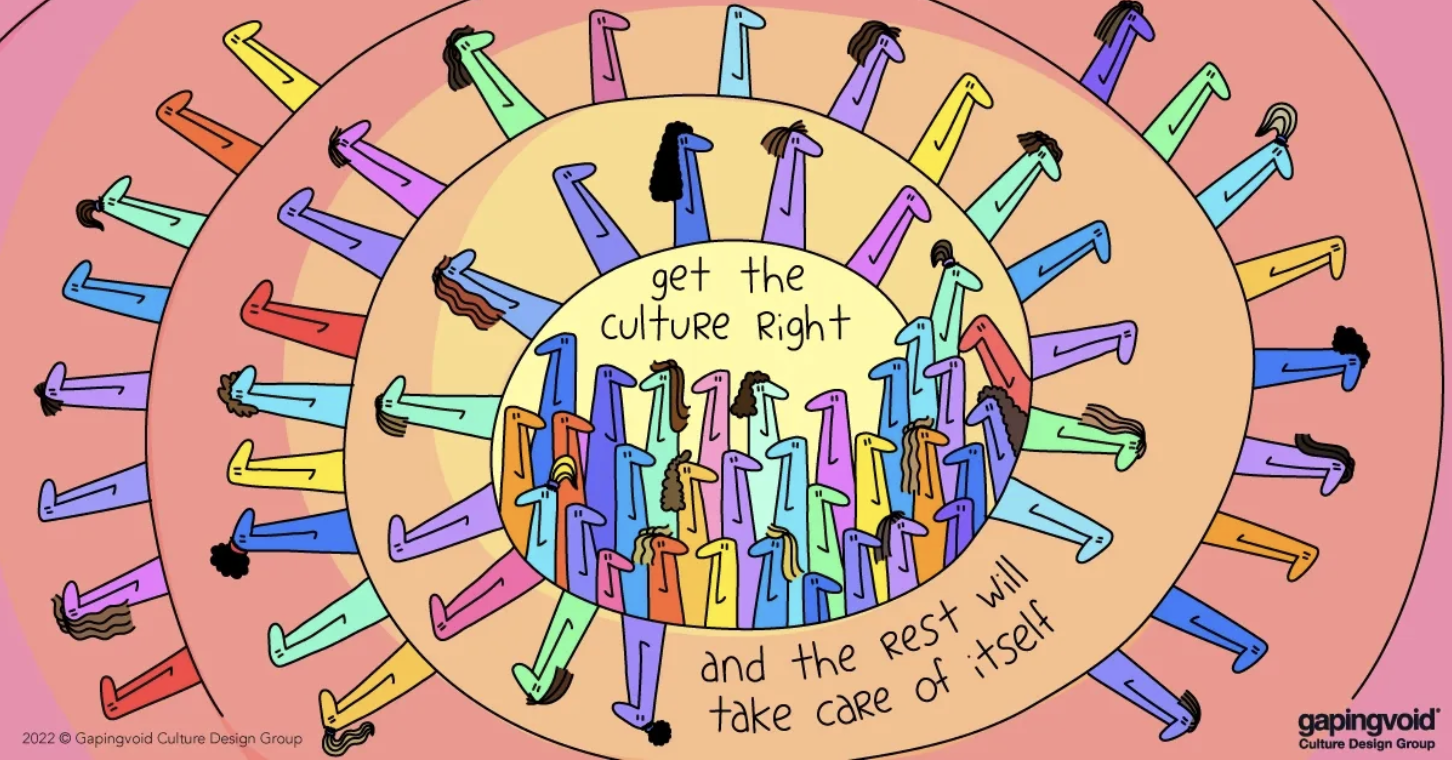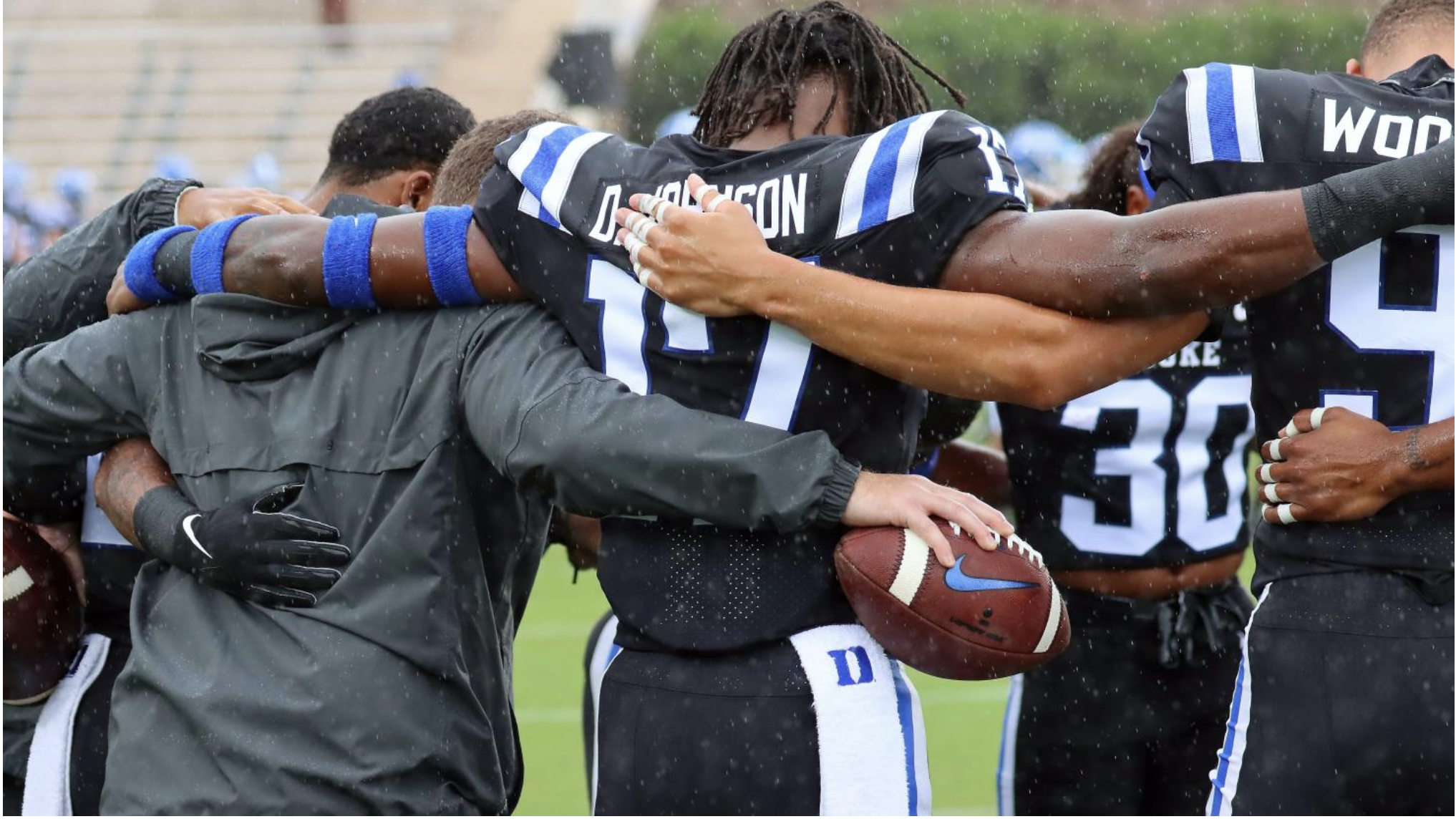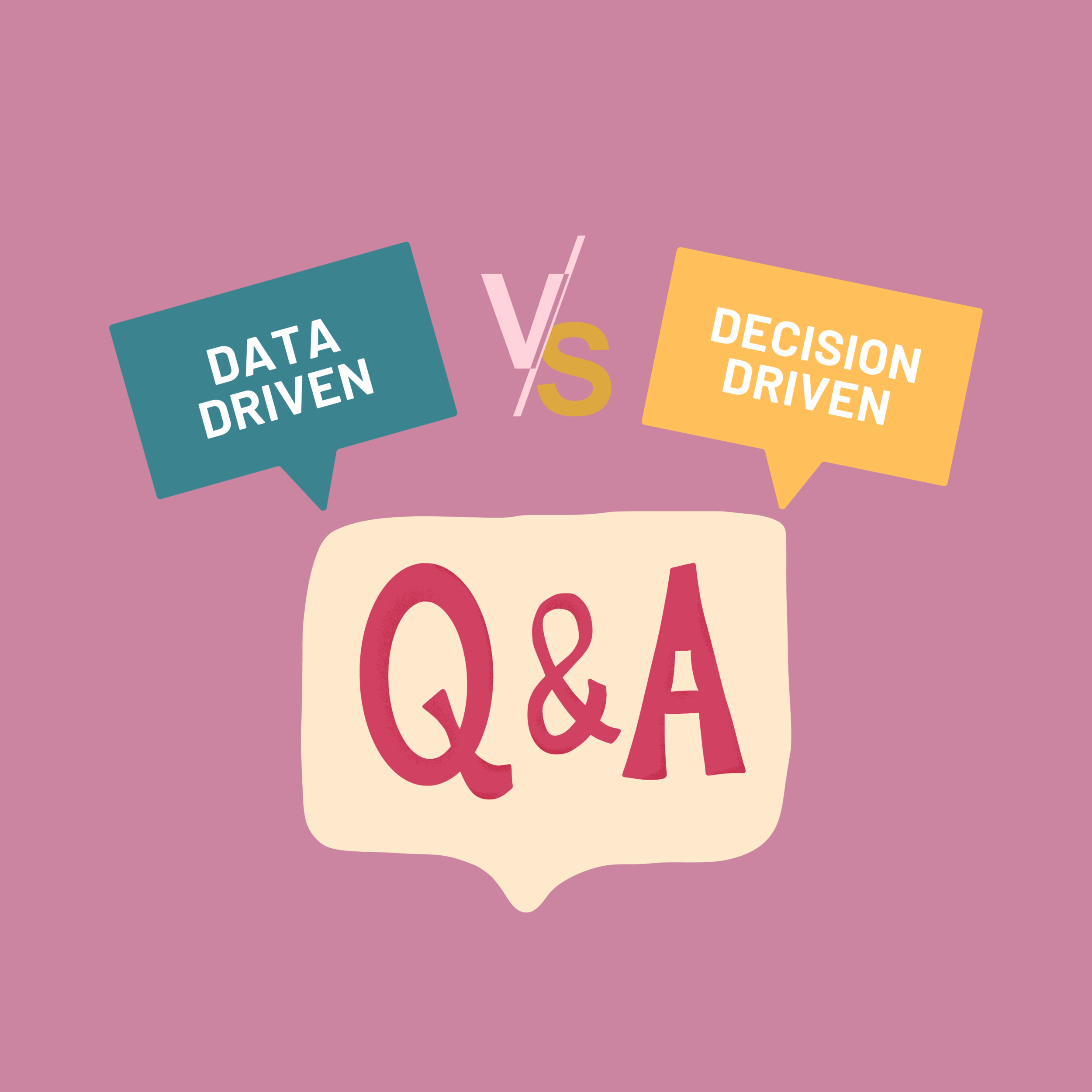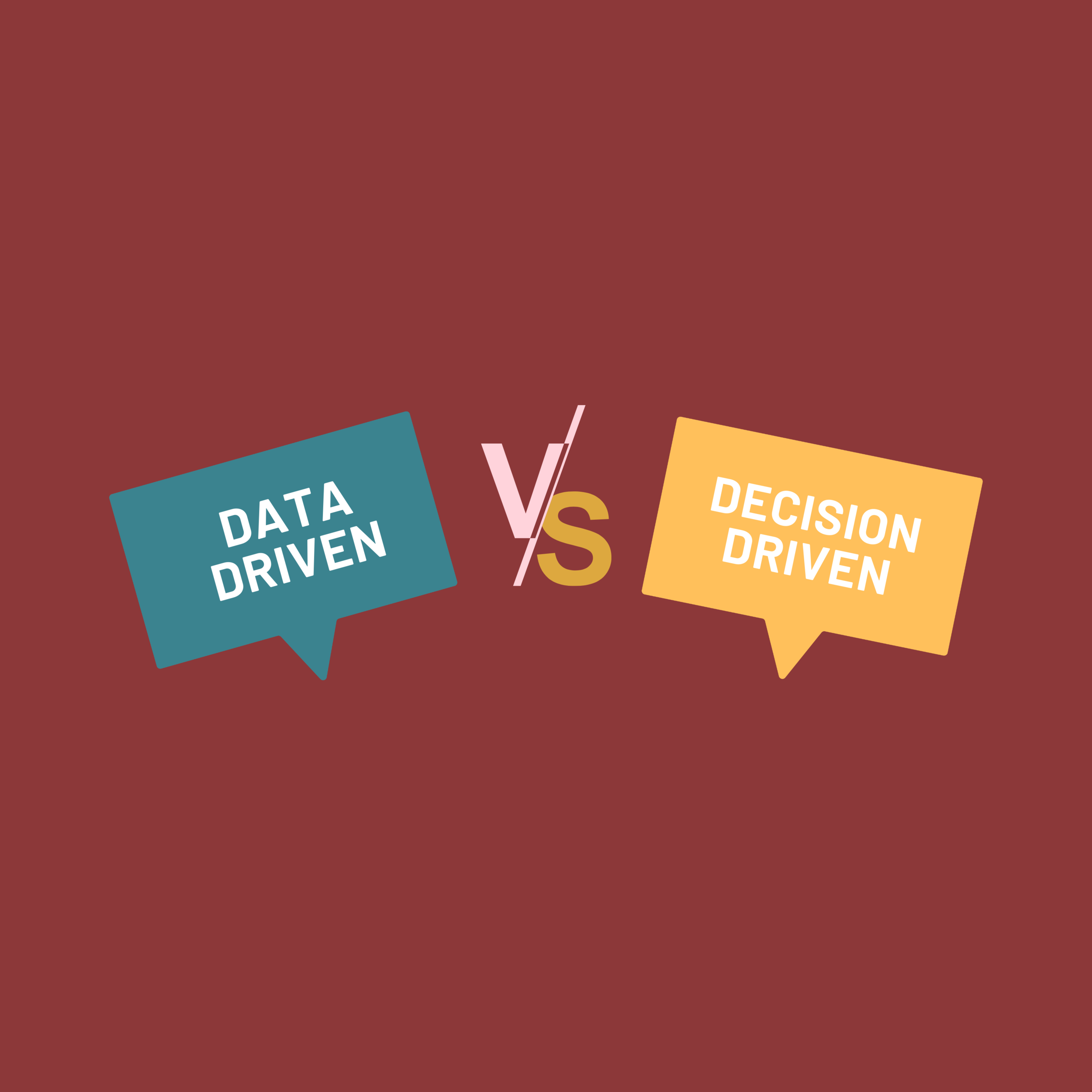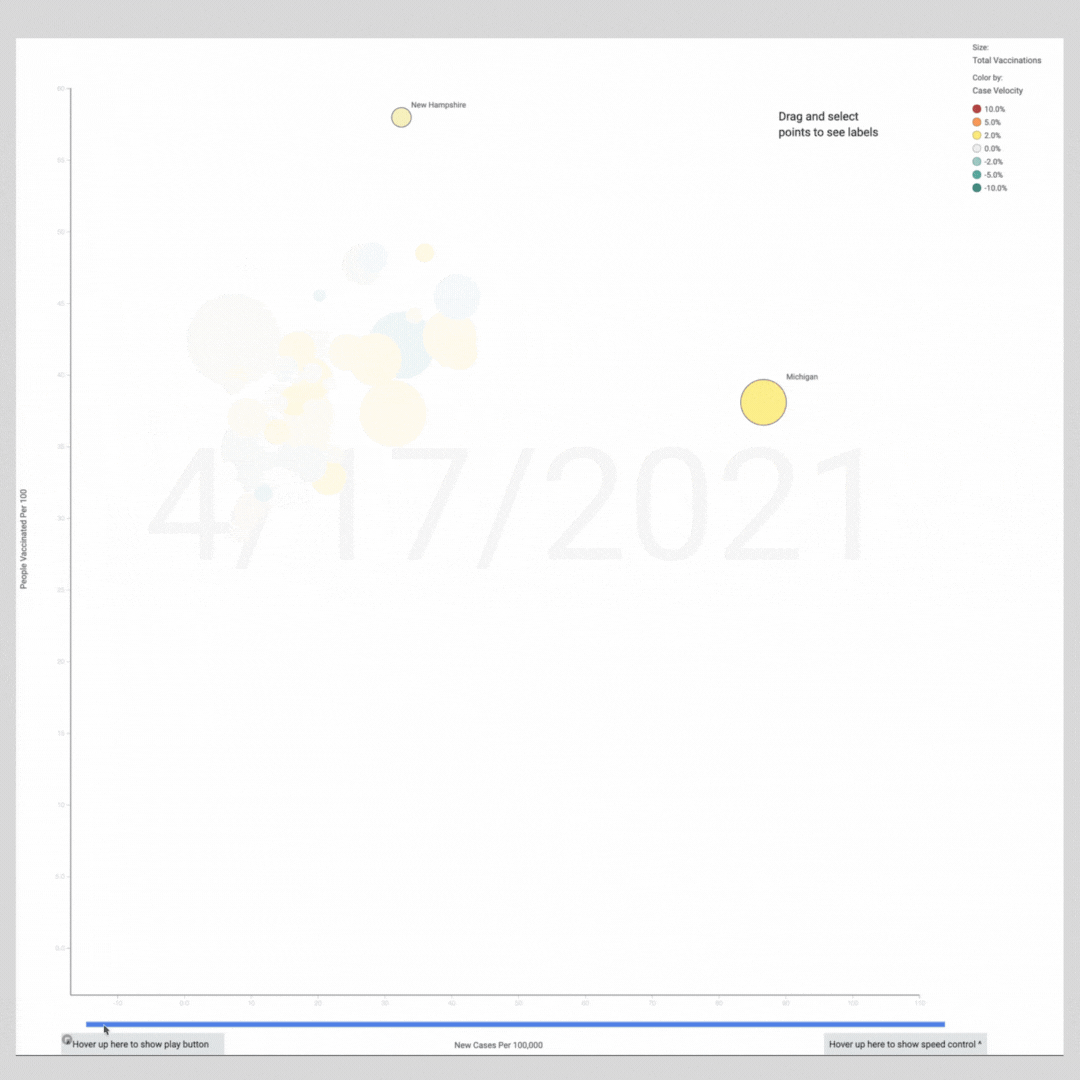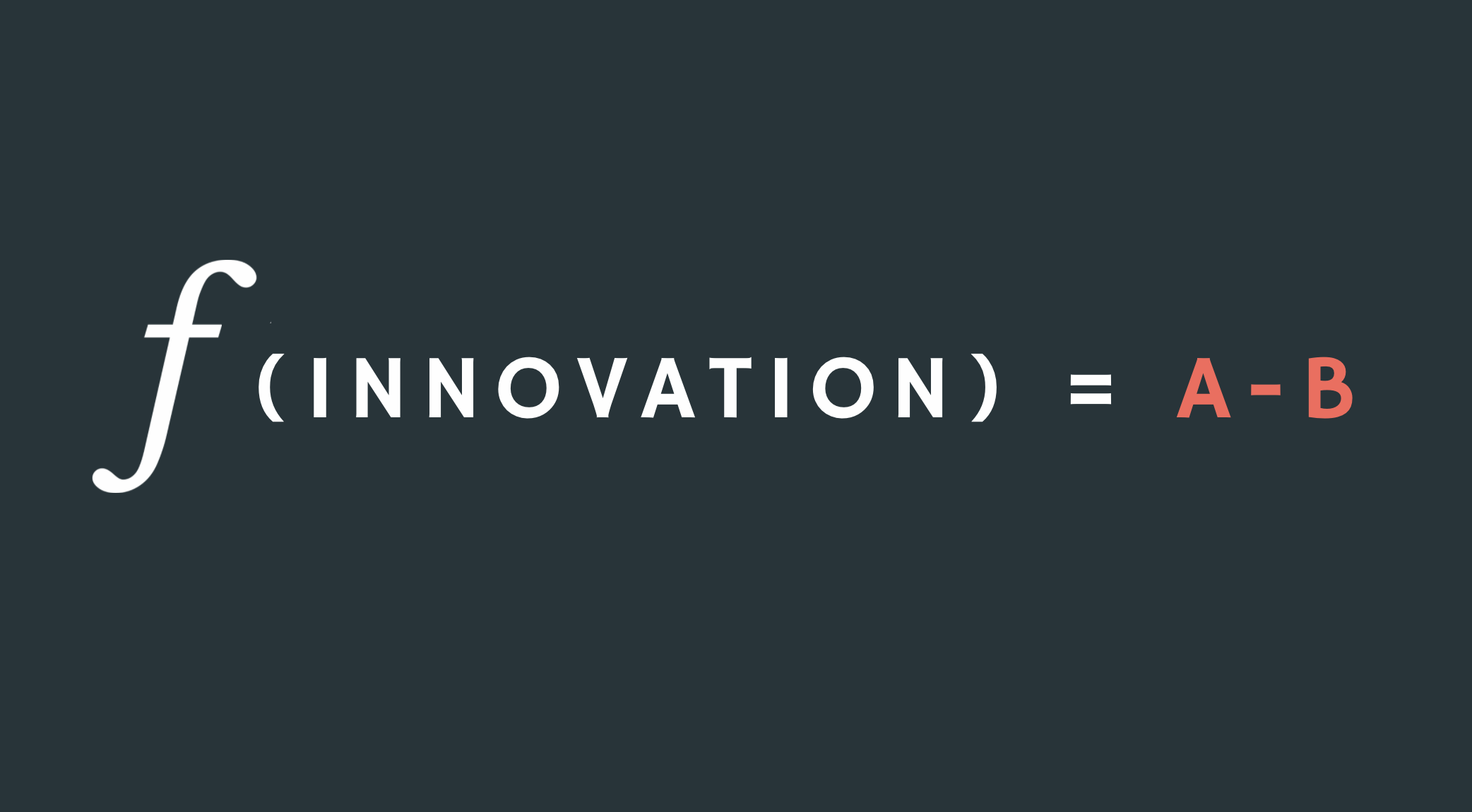Data Science Tour of Duty
This is the part of a series on how to build a data science team, including how to form a team with human skills, not technical skills, avoiding dancing bear storytelling, data science halo bias, visualizing Cassie Kozyrkov’s 11 key data science roles, and On Data Science Career Paths (part 1).
“Decision-Maker” is the second role to hire on a data science team. This begs the question, “How do I become one?” The answer is surprisingly simple and scary: leave your data science job. At least for a little while.
Seth Godin calls it spending time in the store. For Florence Nightingale, it meant being a nurse in the Crimea War. Sam Walton, CEO of Walmart, was famous for his surprise rides with his truck drivers and obsession with customers. Reid Hoffman, the co-founder of LinkedIn, advocates what he calls a tour of duty (1).
A data science tour of duty is like being a foreign exchange student. You immerse yourself in a different way of thinking. In business, a tour of duty involves rotating through a variety of roles to broaden your experience.
If you’re a data scientist in a bank, work in a branch for a while. If you work for Exxon Mobile, spend some time on an oil rig. If you work for Tesla, spend time in the showroom answering customer questions. Decision-making starts on the front lines.
Tours of Duty put data scientists at the source of conflict, where decisions are made, where the business rubber meets the road, and where good data science begins.

(1) Hoffman’s Tour of Duty is similar to a Data Science Tour of Duty, although his concept is aimed more at internal functional job rotations than business function rotations, which is how I applied it this article.
(2) This article addresses questions and discussions raised from the Data Science Halo Effect. Specifically, a question from a data scientist who asked “how do I become a decision-maker?” in response to this statement:
Data scientists know math, not your customers. They know what you did, not why you did it. They’ll answer the questions you ask, not the ones you secretly worry about. Yet, their opinions often get too much weight.

